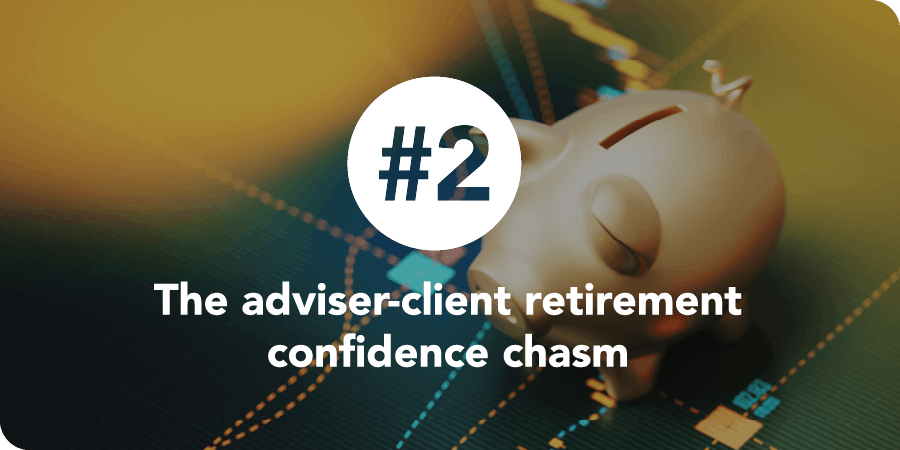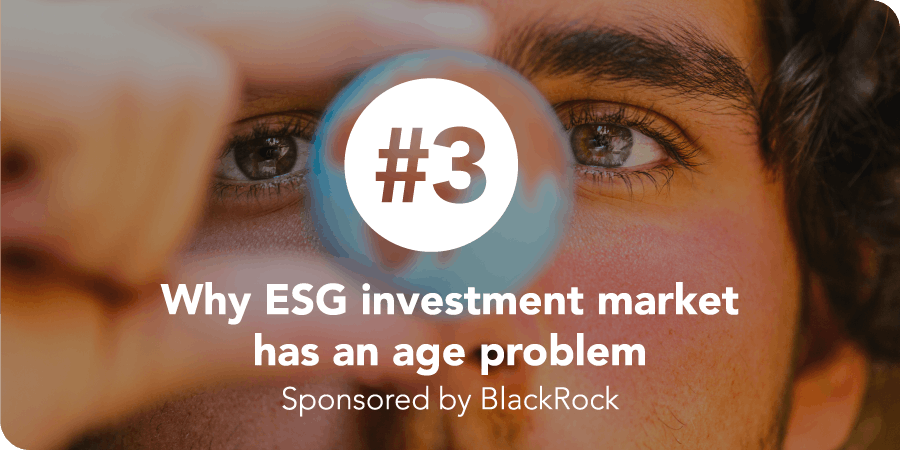-
How clients really feel about robo-advice
-
Advisers on the impact of technology on client service
-
How can Open Finance be used in advice?
The unexpected future of robo-advice?

Most advised investors would be comfortable paying for automated advice with no human contact, results from the latest Embark Investor Confidence Barometer suggest.
More than half (57%) of investors with a financial adviser would be comfortable paying for digital advice with no human interaction at all, the research found.
Only a slightly larger proportion (60%) would be comfortable paying for digital advice with an option to speak to a person.
The youngest age brackets (35-44 and 45-54) were the most comfortable with robo-advice, with 62% indicating comfort, though this fell to 33% of those aged 55-64.
Investors without a financial adviser are far less comfortable with automated advice, with only 39% saying they would be happy to pay for advice with no human contact.
Robo-advice holds a small UK market share with 3% of retail investors preferring this channel, according to GlobalData*.
More than 750 people – composed of both advised and non-advised investors – were surveyed on their comfort with digital advice. It was made clear that advice meant a personal recommendation based on individual circumstances.
Advised men were more comfortable than advised women about paying for digital advice, the research found. While 66% of advised men were comfortable paying for automated advice with no human interaction, this applied to less than half (49%) of women.
However, the opposite was true for non-advised investors. While a similar proportion (50%) of non-advised women were comfortable with that option, only 29% of non-advised men were.

Advisers buoyant on tech
Growing numbers of advisers believe technology is improving their client service, the latest Barometer found.
Eight in ten (80%) advisers agreed that technology is improving their ability to serve clients, up from 63% in the inaugural Barometer in February 2021. Not a single adviser strongly disagreed.
However, advisers were a little less bullish on whether the narrower category of financial technology (FinTech) is achieving the same thing, though two-thirds (66%) still agreed.
Advisers were also asked to pinpoint what they considered to be the greatest benefits of FinTech.
An ability to communicate with clients digitally and securely (‘Information’), and to do so in multiple ways (‘Access’), were considered the greatest benefits, with a quarter (25%) selecting each option.
Also popular was the ability to operate processes automatically (‘Automation’), which was selected as the greatest benefit by 24% of advisers.

Open Finance and the future of advice
Most advisers would consider using Open Finance as part of their advice process – and clients appear to be open to the idea.
Open Finance builds on the data-sharing principles of Open Banking by including a wider range of products, including savings and investments.
More than two-thirds of advisers (69%) agreed they would consider using Open Finance, while a similar proportion (64%) of advised investors would be comfortable giving their adviser real-time access to their financial transactions to help them stay on track.
More than three-quarters (76%) of advisers agreed that automated nudges – such as alerting them to schedule a client review when FinTech spots a significant change in spending – would also improve their service.
* GlobalData’s 2020 Banking & Payments Survey.

“If most clients with an adviser are comfortable paying for robo-advice, is this a problem for conventional advice?
Firstly, there is a difference between saying you are comfortable with something and acting on it. We cannot know that any of these clients would be prepared to leave their adviser for an online alternative.
Secondly, we might expect people who currently access financial advice to be more comfortable with advice solutions in general – or at the very least to say they are.
However, advisers should consider these findings in the context of their future adoption of digital
options. If anything, they show that clients want to hear about your digital developments, and how they can benefit.
The take-up of robo-advice may be relatively low in the UK, but that doesn’t mean it won’t attract large numbers of investors in the future. After all, advisers’ own faith in technology is high, and growing.”
Toby Larkman
Former Chief Commercial Officer, Embark Platform

Contact us
If you have any questions or wish to find out more about the Embark Investor Confidence Barometer, please contact us here.

Download the full guide
Looking to download the full Embark Investor Confidence Barometer? Simply fill out a form and download the guide.


